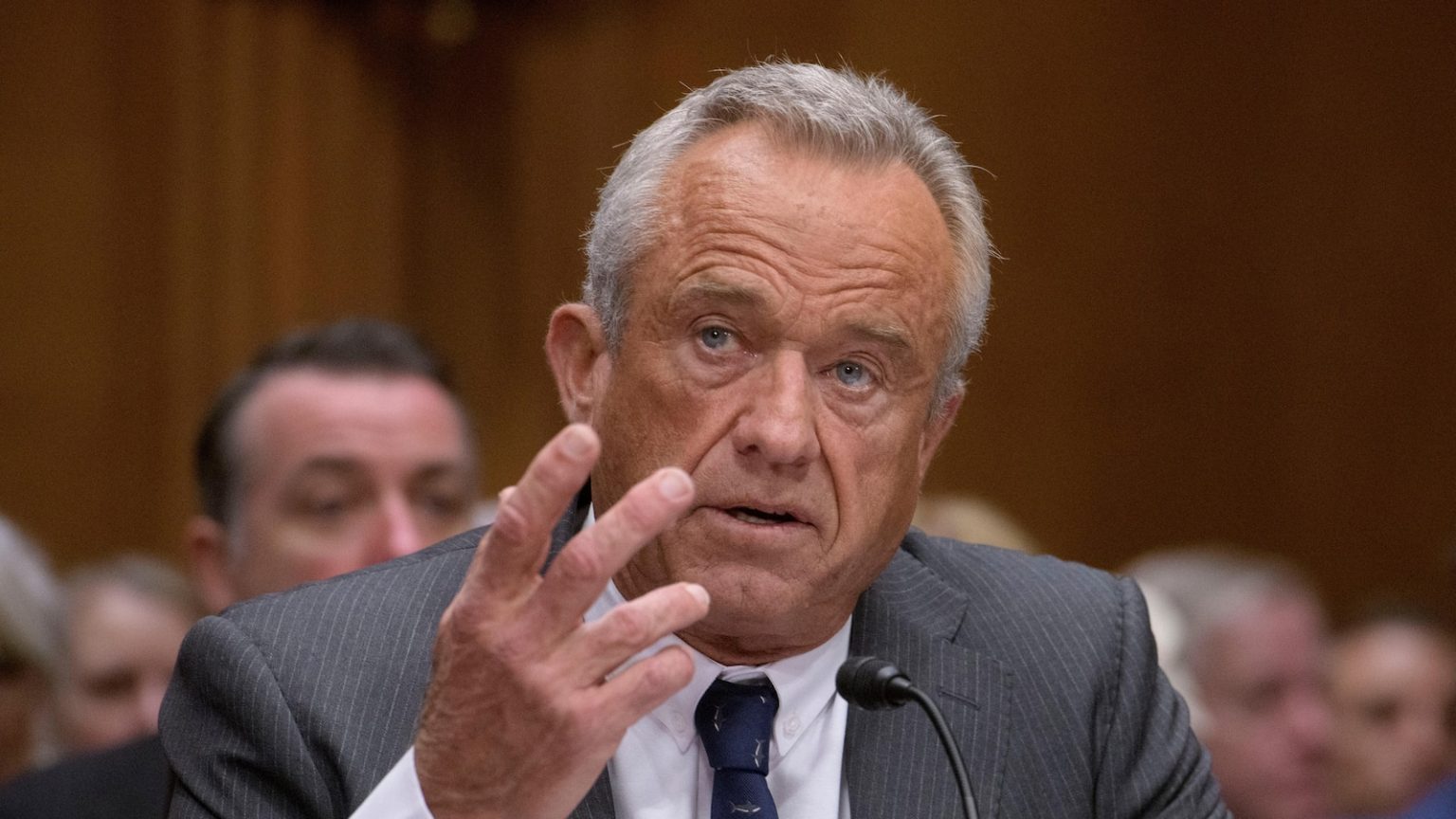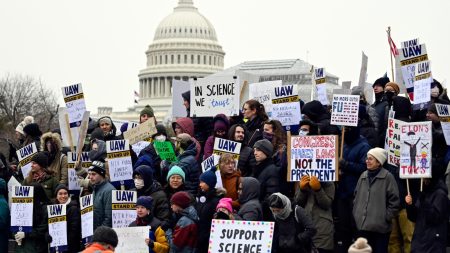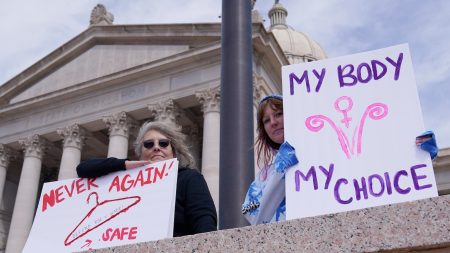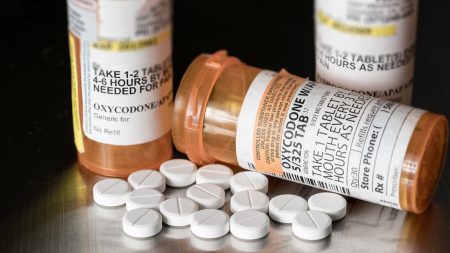The Senate Prepares to Vote on Robert F. Kennedy Jr.’s Nomination as Health Secretary
The nation is bracing for a pivotal moment in its political landscape as the Senate gears up to vote on the confirmation of Robert F. Kennedy Jr. as the next U.S. Health Secretary. Kennedy, a well-known lawyer, author, and vocal advocate for vaccine safety, is poised to oversee a budget of $1.7 trillion, which funds critical public health initiatives, including vaccine distribution, food safety regulations, and health insurance programs that serve nearly half of the American population. While his nomination has sparked intense debate, particularly over his controversial views on vaccines, Kennedy is widely expected to secure confirmation, barring any last-minute shifts in support.
Who is Robert F. Kennedy Jr., and Why is His Nomination So Controversial?
Robert F. Kennedy Jr. is no stranger to the public eye. As a member of the storied Kennedy family, he has been in the national spotlight since childhood. Over the years, he has built a reputation as a populist advocate for environmental and public health causes. However, his vocal criticism of vaccines has made him a polarizing figure. Kennedy has long argued that vaccines are linked to autism, a claim that has been thoroughly debunked by scientific research. During the COVID-19 pandemic, he became even more prominent, using his platform to spread skepticism about vaccines and the government agencies responsible for their approval and distribution.
Despite the backlash, Kennedy has attracted a loyal following, particularly among those who distrust mainstream institutions. His rhetoric often aligns with populist themes, and his criticisms of pharmaceutical companies, chemical manufacturers, and government agencies have resonated with many Americans who feel disillusioned with the system. Republican leaders, including former President Donald Trump, have thrown their support behind Kennedy, framing his nomination as an opportunity to "Make America Healthy Again." This slogan, echoed by GOP senators in recent speeches, reflects the party’s hope that Kennedy will shake up the health bureaucracy and restore public trust in agencies like the FDA, CDC, and NIH.
A Divided Senate and the Path to Confirmation
Kennedy’s path to confirmation has not been without hurdles. While most Republican senators have embraced his candidacy, not everyone in the GOP is on board. Sen. Bill Cassidy of Louisiana, a medical doctor, initially expressed reservations about Kennedy’s views on vaccines. Cassidy only agreed to support the nomination after securing assurances that Kennedy would not attempt to alter existing vaccine recommendations. On the Democratic side, opposition has been fierce. Senators have repeatedly challenged Kennedy during confirmation hearings, pressing him to renounce conspiracy theories and address concerns about his financial ties to anti-vaccine activism.
One particularly contentious issue is Kennedy’s financial relationship with a law firm that has sued vaccine manufacturers, including the maker of Gardasil, a vaccine that protects against human papillomavirus (HPV) and cervical cancer. Last year, Kennedy earned more than $850,000 from this arrangement, and critics have raised questions about whether his personal finances could influence his decisions as Health Secretary. In response, Kennedy has promised to redirect any future earnings from the arrangement to his son, though this has done little to quell concerns about potential conflicts of interest.
The Broader Implications of Kennedy’s Nomination
Kennedy’s confirmation coincides with a broader shakeup of the federal government, spearheaded by billionaire Elon Musk. This restructuring has already led to the suspension of billions of dollars in public health funding, leaving researchers and federal employees in a state of uncertainty. For instance, the NIH recently announced plans to cap its funding for medical research, which could have far-reaching consequences for the development of treatments for diseases like cancer and Alzheimer’s. Kennedy himself has called for significant staffing changes at the NIH, FDA, and CDC, including the firing of 600 NIH employees. These moves have set off alarm bells in the scientific and medical communities, where there are fears that a Kennedy-led Department of Health could undermine decades of progress in public health.
Conclusion: A New Era for Public Health?
As the Senate vote on Robert F. Kennedy Jr.’s nomination approaches, the stakes could not be higher. If confirmed, Kennedy will take the reins of a















